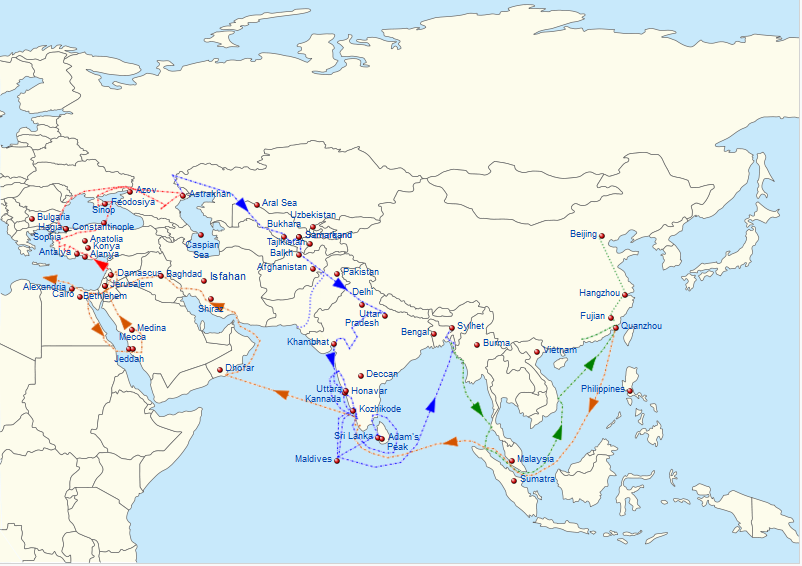Segovia
“Come on—hurry up, you slowpoke!”
“Sorry! Unfortunately my conscience is alive and operating,” I growled to the ebony night. This was ridiculous and beyond stupid. The fact that I even got dressed to go out was still a mystery to me. Gaius stuck his head out from around the corner and whispered through gritted teeth,
“What’s the matter with you? You said you wanted to do this. I’m doing this even if you chicken out.”
I kicked the ancient cobblestone street and glanced suspiciously around. There were no lights on and all was eerily silent, except for the little voice of my pathetic conscience, of course. “But nobody would know,” I reasoned with myself. “and besides, this structure has been here for centuries. I doubt it’s going to disintegrate into dust tonight.”
“Gaius wait—I’m coming!” I hissed, breaking the still haze with my nervous squeak. I heard Gaius snicker from around the bend and ran to catch up to him.
“You knew I’d cave in, didn’t you?” Gaius looked at me, his devious smile and mud colored hair visible even in the chocolate night.
“Well, yeah. You’ve been dying to see these aqueducts for ages. I knew you’d at least want to have a moonlight gander at them.”
I kicked a loose pebble, and it rolled down the gently sloping hill towards the base of the stone giant. We climbed the uneven stairs to the top of the dirt landing where the aqueducts officially began. I could even the see the rectangular channels where the water from the springs once snaked through.
“Well…” I sighed with mounting anticipation. But something was happening, something greater than even the thirty-six monumental arches looking like stone sentinels in the darkness. I felt excited and exhilarated beyond compare---to dance across the two tiers of arches filled my mind with noxious adrenaline. I leapt on top of the rock above my head and started to walk to the beginning of the narrow row of arches. The antiquated stones looked like giant chess pieces, and I was the queen that was about to flit across the board. The rooks egged me on, the bishops called my name, and the surface of the stone pawns became as enticing as Italian ice on a hot, sticky day.
“Whoa! Espera chica!” called Gaius. “Wait for me!”
He appeared behind me a moment later and looked down at the cobbled pavement below, which looked like a grey chasm swimming in the blackness.
“Are you ready?” I asked, picking up my slippered food and hovering it over the top of the first arch.
“As ready as Julius was when he crossed the Rubicon.”
I needed no further prodding. I leapt onto the top of the arches and twirled my way to the center of the massive aqueduct. To invisible spectators on the ground, I must have looked like an outlined ballerina dancing to the rhythm of history. Gaius followed me, a little more awkwardly, to the center.
“You can see all of Segovia from here.” I crooned. “Domitian, look at me now!”
Suddenly, the slim arches underneath us began to sway and shudder like a cobra before it strikes. I looked at Gaius and then looked down. Our feet, which had been spinning and jumping, had landed on the keystone of the center arch of the middle of the aqueduct. But it was too late; the successive arches underneath us were crumbling and the wide stones, which I thought were indestructible, were shaking violently.
“Gaius—I’m so sorry! This isn’t what I---”.




.jpeg)







